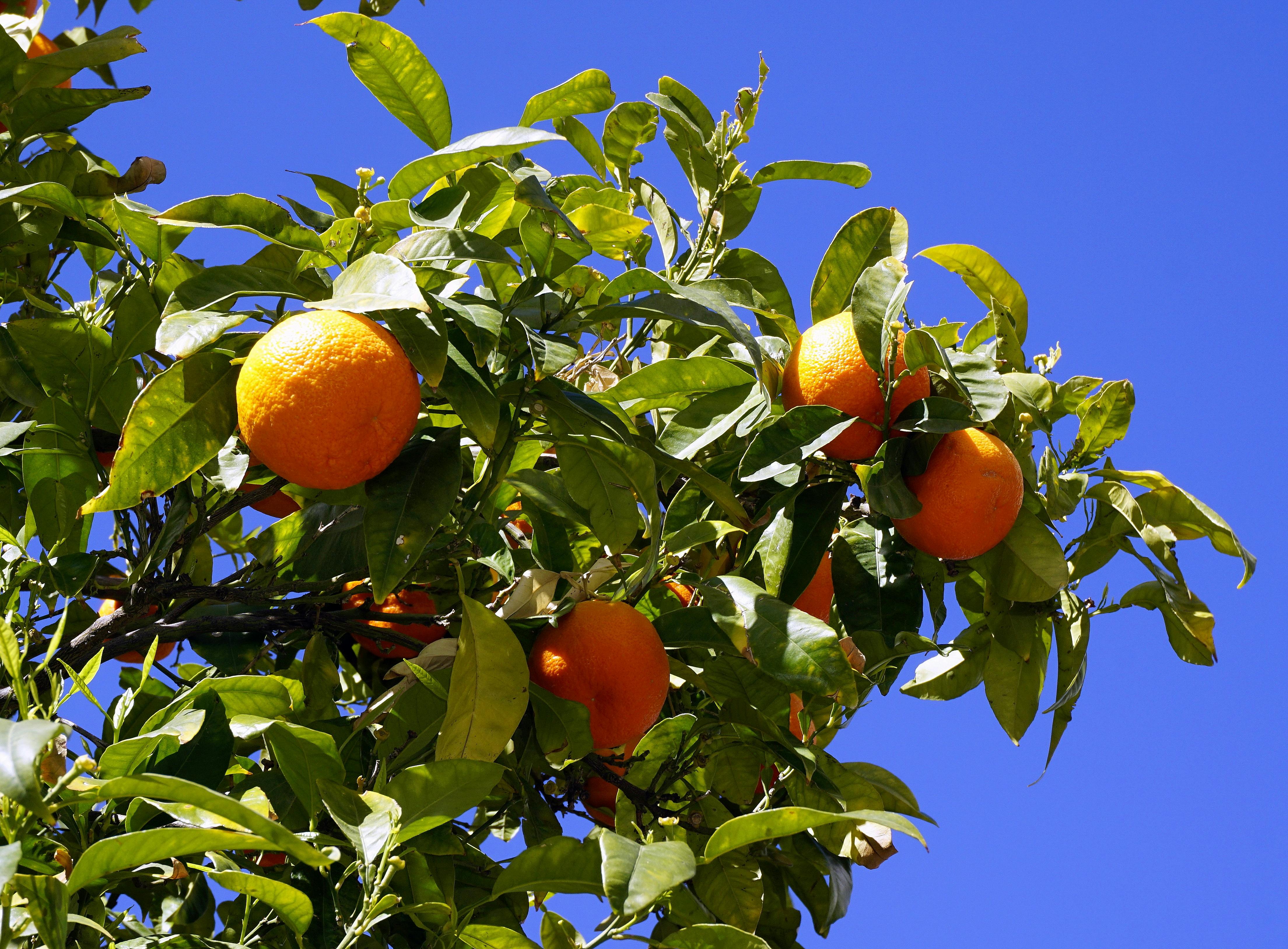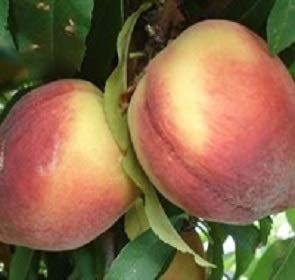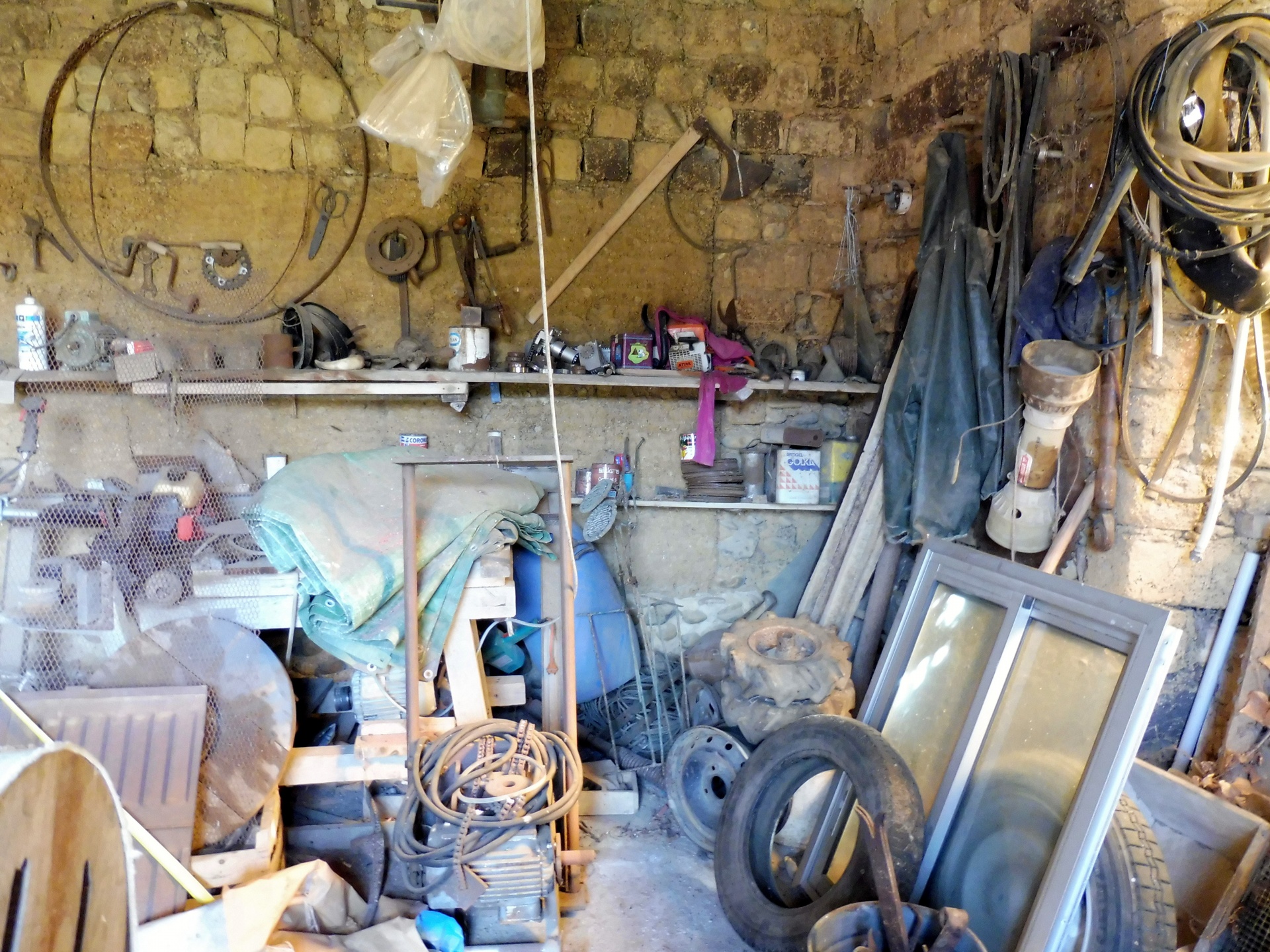Imagine picking fresh, juicy fruit right from your balcony or patio. Growing fruit trees in pots isn’t just a dream; it’s a delightful reality that anyone can achieve. Whether you have a small garden, a balcony, or even just a sunny window, you can enjoy the taste of homegrown fruit.
Container gardening offers flexibility and convenience, allowing you to grow a variety of fruit trees even in limited spaces. From citrus to cherries, the possibilities are endless. Ready to transform your outdoor space into a mini orchard? Let’s explore some fantastic fruit trees you can grow in pots.
Benefits of Growing Fruit Trees in Pots
Growing fruit trees in pots offers several advantages, especially for limited-space environments in homes and outdoor areas.

Space Efficiency
Pots maximize the use of small spaces. They accommodate fruit trees like citrus, cherries, and apples. Use vertical space by placing pots on steps or stands.
Mobility and Control
Potted trees can move easily. Relocate them for optimal sunlight or during harsh weather. Control soil quality precisely for healthier growth.
Choosing the Right Pot for Your Fruit Trees
Selecting the correct pot is essential for healthy fruit trees.
Size and Material Considerations
Pick a pot that’s at least 18 inches in diameter for most fruit trees like citrus and cherries. Ensure it’s deep enough to accommodate the root system. Use materials like wood, plastic, or ceramic. Plastic pots are lightweight, while ceramic provides stability. Wood is durable and offers a natural aesthetic.
Drainage Importance
Adequate drainage is crucial. Ensure pots have multiple drainage holes to prevent root rot. Use potting mix designed for containers to improve aeration. Avoid waterlogged soil by checking moisture levels regularly.
Best Fruit Trees to Grow in Pots
Fruit trees thrive in pots, ideal for homeowners and home builders with limited space. Here are some of the best options to consider.
Citrus Trees
Citrus trees like lemons and oranges adapt well to pots. Use a pot at least 18 inches in diameter for best results. Position in full sunlight, 6-8 hours daily for optimal growth. Water regularly, ensuring soil drains well. Fertilize every 4-6 weeks during the growing season with a balanced fertilizer.
Fig Trees
Fig trees grow well in pots, particularly dwarf varieties. A pot with a 20-inch diameter suits them well. Ensure the potting mix is rich in organic matter. Place in a sunny spot, requiring 6-8 hours of sunlight daily. Prune annually to maintain shape and encourage fruit production.
Apple Trees
Dwarf apple trees are ideal for pots. Select a pot at least 18 inches in diameter. Choose a sunny location, ensuring 6-8 hours of sunlight per day. Keep soil evenly moist but not waterlogged. Use a balanced fertilizer in early spring and mid-summer for best results. Prune to maintain shape and boost productivity.
Care and Maintenance of Potted Fruit Trees
Proper care ensures your potted fruit trees thrive and produce abundant fruit.
Watering Requirements
Potted fruit trees need consistent moisture. Water when the top inch of soil feels dry. Adjust frequency for seasonal changes. Overwatering can lead to root rot.
Soil and Fertilization
« Discover the Best Shower Filters for Chlorine and Fluoride: Top Picks for Healthier Skin and Hair
Reddit Users Reveal Their Top Picks for the Best Meat Slicers – Find Out Which Ones Made the Cut »
Use high-quality potting mix for optimal growth. Fertilize monthly with a balanced fertilizer during growing season. Reduce feeding in winter.
Pruning and Winter Care
Prune to maintain size and shape. Remove dead or diseased branches. For winter protection, move pots to sheltered areas or wrap them in burlap.
Conclusion
Growing fruit trees in pots opens up a world of possibilities for your limited-space garden. With the right care and attention, you can enjoy the beauty and bounty of citrus, fig, and apple trees right on your patio or balcony. Remember, the key to thriving potted fruit trees is selecting the right pot, ensuring good drainage, and providing the proper sunlight and nutrients.
By following the tips and techniques outlined in this guide, you’ll be well on your way to cultivating healthy, productive fruit trees. So go ahead, get your hands dirty, and enjoy the delicious fruits of your labor!















